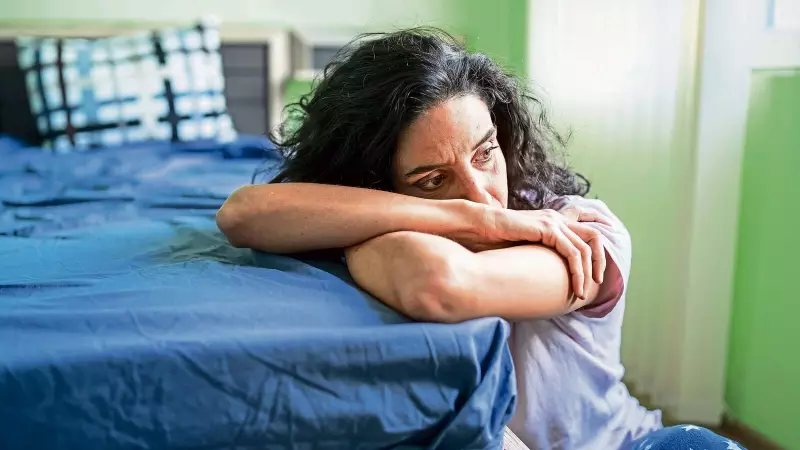
A silent epidemic is sweeping through India's teenage population, and the numbers are more alarming than ever. According to senior mental health experts, today's adolescents are facing unprecedented levels of depression, anxiety, and loneliness that dwarf previous generations' experiences.
The Perfect Storm: What's Driving the Youth Mental Health Crisis?
Dr. Rashi Singh, a prominent psychiatrist with over two decades of experience, identifies several interconnected factors creating this mental health emergency:
- The Social Media Trap: Constant comparison, cyberbullying, and the pressure to present a perfect life online
- Academic Overload: Intense competition and parental expectations creating unbearable stress
- Pandemic Scars: The lingering effects of isolation and disrupted development during formative years
- Digital Isolation: Being constantly connected yet feeling profoundly alone
Alarming Statistics That Demand Attention
Recent studies show depression rates among Indian teenagers have skyrocketed by nearly 40% in the past five years alone. Anxiety disorders, once considered rare in young populations, now affect approximately one in four adolescents across urban and semi-urban India.
"What we're seeing isn't just typical teenage moodiness," explains Dr. Singh. "These are clinical conditions requiring professional intervention. The severity and persistence of symptoms we're encountering in our clinics are unlike anything I've seen in my career."
Breaking the Stigma: Pathways to Healing
The solution requires a multi-pronged approach involving families, schools, and healthcare systems. Early intervention, open communication, and professional support can make a transformative difference in young lives.
"We need to normalize mental health conversations in Indian households," Dr. Singh emphasizes. "Parents should watch for warning signs like withdrawal from social activities, changes in sleep patterns, and declining academic performance without immediate attribution to laziness or rebellion."
As India grapples with this growing crisis, mental health professionals urge policymakers and educational institutions to implement comprehensive support systems before this generation's potential is permanently compromised by untreated psychological distress.





